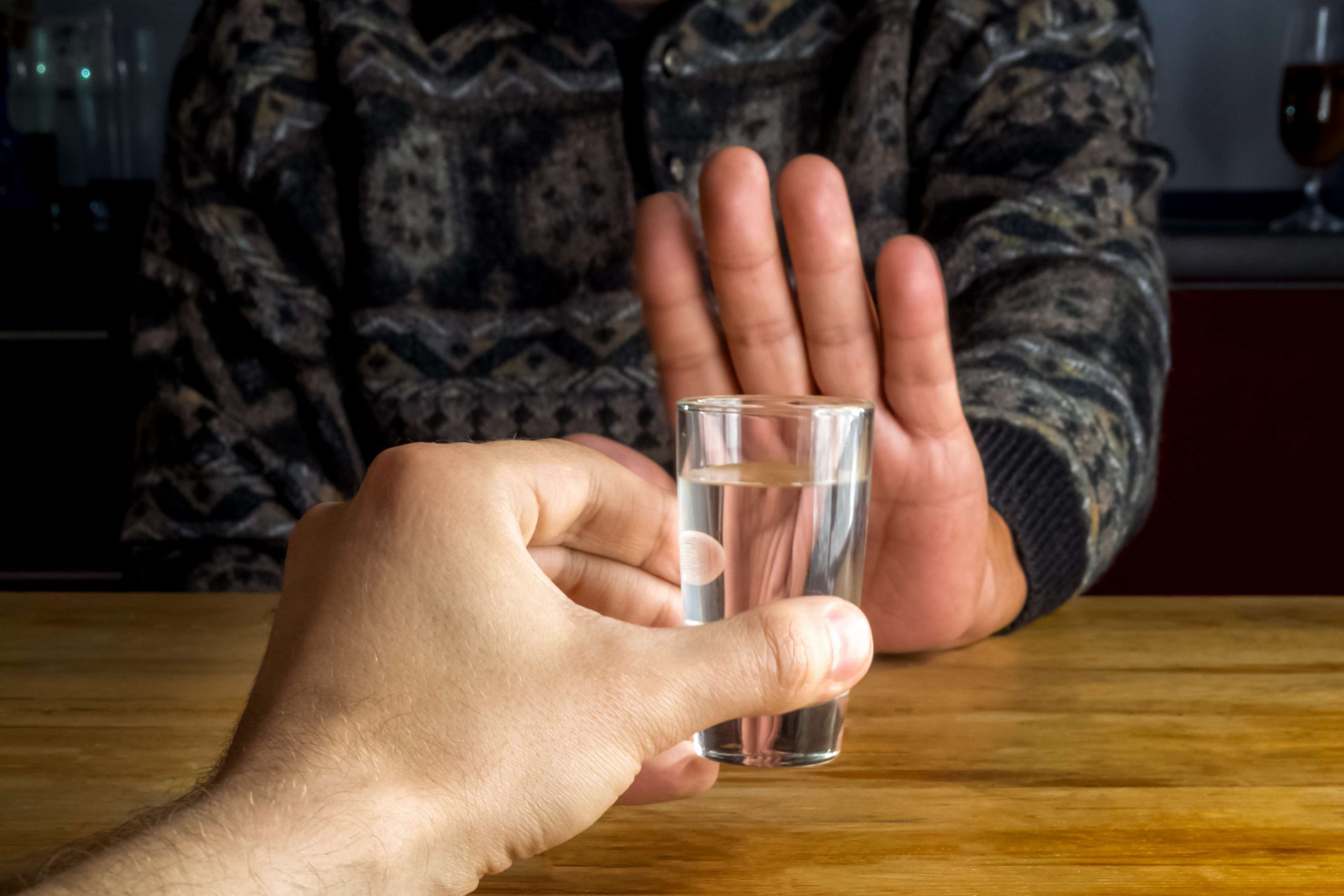Content
Tapering refers to gradually reducing the consumption of a substance to diminish the intensity of withdrawal symptoms. Developing a proactive plan for tapering alcohol is an important step in the process. The more aware you are of potential risk factors and your individual needs, the more likely you will succeed. When you are detoxing from alcohol at a rehab center, nurses and doctors monitor vital signs, provide adequate nourishment and treat complications if they occur. Nanci Stockwell of Advanced Recovery Systems discusses the risks of detoxing at home and the benefits of detoxing from alcohol and other drugs in a safe environment.
- Providers may prescribe medications such as benzodiazepines to reduce the effects of alcohol withdrawal.
- This means that if you quit drinking cold turkey, your brain will not have enough GABA.
- Mutual support groups like AA can provide a strong support network for those in addiction treatment for alcohol misuse.
- Sitting and talking with other people who share your struggle can help you to feel supported.
- Seizures are another complication of abruptly quitting alcohol that may occur within the first 12 to 48 hours of stopping.
For this reason, you should not suddenly quit drinking without talking to your doctor. The consequences of quitting alcohol cold turkey can be serious and lead to alcohol withdrawal syndrome, which can be fatal in severe cases. Your PCP may be able to give you an assessment or direct you to someone else who can. It determines if detox is needed and what treatment plan will work best for you. You’ll meet with an addiction professional like a counselor, doctor or nurse who specializes in substance abuse. You’ll answer questions about your current use, health, past addiction treatment and medical history.
About Alcohol Abuse
It should not be used in place of the advice of your physician or other qualified healthcare provider. Some people can just quit drinking alcohol cold turkey without having significant withdrawal symptoms. Other people, however, may suffer significant withdrawal symptoms when they suddenly stop drinking. The results of your substance abuse evaluation will determine your treatment plan. Whether you tapered from alcohol or drugs on your own or through medically supervised detox, treatment is crucial to remaining clean. The frequency and intensity of treatment, also known as the level of care, varies based on your personal situation and needs. Treatment involves a combination of individual and group counseling, and possibly medical monitoring.Inpatient treatment is living 24/7 at an addictions recovery facility.
Is a bottle of vodka a week too much?
Drinking 750 ml of Vodka a Day: Getting Help
The U.S. The National Institute on Alcohol Abuse and Alcoholism recommends that men consume no more than four drinks on any day and no more than 14 drinks per week. On the other hand, women should not consume more than three drinks a day and no more than seven per week.
When talking about tapering or gradually reducing alcohol use, it is important to have awareness of possible withdrawal symptoms. Withdrawing from alcohol happens when we reduce or stop alcohol use that has been occurring often for a long period of time. To safely taper off alcohol, you need to work with a medical professional how to taper off alcohol on a detox program that they feel is right for you. The Recovery Village Ridgefield medical detox center in Vancouver, WA, is a fully staffed rehab facility designed to help you wean off alcohol in comfort. We offer 16 detox beds and around-the-clock medical care provided by a multidisciplinary team of addiction experts.
Challenges of Cutting Down on Alcohol Intake
DTs involve sudden and severe mental or nervous system changes. The final step of tapering off alcohol is to define your alcohol-free days. By setting a specific day or time for a ‘beer-free’ day, you create a reminder of your commitment to sobriety. The second situation involves counting the drinks you consume daily and switching them for a beverage with lower alcohol content, such as beer.
- If you feel more severe symptoms, such as paranoia, increased pulse, or tremors sometimes called alcohol shakes, you should taper more slowly and consider seeking professional help.
- Paint, play board games, play a musical instrument, do woodworking — these and other activities are great alternatives to drinking.
- Removing the addiction and staying sober means you have to refocus your attention.
- When you quit drinking, you should also seek medical advice about any alcohol withdrawal symptoms you experience.
Quitting cold turkey involves suddenly stopping all alcohol use, while tapering involves slowly decreasing the amount of alcohol a person drinks each day. Tapers are commonly used in an attempt to reduce the chance of experiencing withdrawal or the severity of withdrawal symptoms. If you drink alcohol and are thinking about quitting, it is important to make sure you do so safely. One of the safest ways to quit drinking is through tapering, which involves slowly reducing your alcohol intake over time. However, it’s important to note that people with moderate to severe alcohol addictions may struggle with sticking to a taper schedule and end up relapsing to heavier alcohol use. As the name implies, tapering requires incremental change. It all begins by reducing the number of drinks in a sitting, a day, a week or whichever time frame works best.
What To Do After You Complete Your Taper
Seizures can occur within the first 24 hours, but seizures occur only in about 25 percent of patients, according to the NIAAA. Antidepressant medications are not meant to be used for treatment of Alcohol Use Disorder unless there is evidence of a co-occurring disorder for which an antidepressant is an indicated treatment. Important social, occupational, or recreational activities are given up or reduced because of alcohol use. Use distractions, have a trusted friend to talk to and keep a reminder of your reasons to quit in a place that’s easy to reach, such as a wallet or phone. Safeguard against the temptation to drink.Avoid people, places, and things that make you want to drink.
How do I stop relying on alcohol to relax?
- Gain Understanding Of Alcohol And How It Affects The Body.
- Exercise.
- Practice Progressive Muscle Relaxation Techniques.
- Learn Your Triggers.
- Breathe Through Discomfort With Meditation.
- Practice Deep Breathing Techniques.
- Get Involved With Recreational Activities.
Always remember that if the taper is not working for you or if you are having major withdrawal that it is safest to check into a medical detox because alcohol withdrawal can kill you. Even mild or moderate withdrawal can be dangerous for people with high blood pressure or bad hearts. Because withdrawal raises blood pressure there can be a danger of heart attack or stroke.The longer and harder a person has drunk alcohol–the more severe the withdrawal will be. However, even the best-designed tapers can put you at risk for alcohol withdrawal syndrome. For this reason, you should never start an alcohol taper before clearing with your doctor. Tapering off is a standard medical practice for many other drugs. For example, healthcare providers usually don’t take patients off antidepressants suddenly; rather, they gradually reduce the dosages.
Tapering or Weaning Off Alcohol
Deirdre graduated in 2012 from Pace University and completed her bachelor’s at Columbia University in New York and has her Master of Science in Family Nurse Practitioner. Deirdre also has a Master’s in Public Health in Epidemiology. Deirdre has extensive experience in mental health and treating substance use disorder related issues.

As many as 71%8of people who go through alcohol detox experience symptoms of alcohol withdrawal. Alcohol withdrawal can range from uncomfortable to life-threatening, so anyone considering stopping alcohol should speak with a medical professional to determine which method is best for them. When a person decides to stop drinking, they must decide whether to stop “cold turkey” or taper their alcohol use.
Alcohol Withdrawal: Symptoms and Timeline
Chris has a master’s degree in strategic communication and a graduate certificate in https://ecosoberhouse.com/ health communication. Early symptoms intensify six to 24 hours after the last drink.

